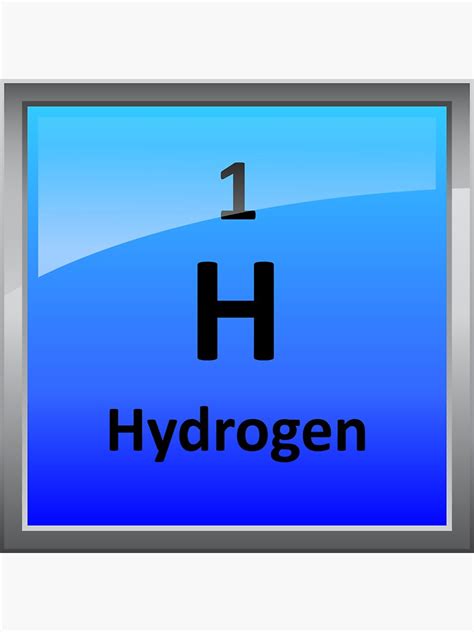https://www.ecoticias.com/en/hydrogen-engine-united-states/1088
The engine that is turning the United States upside down: it is 80 years old and runs on a fuel that we have just invented

Several well-known car brands are developing ambitious projects based on the use of hydrogen as an engine fuel. These initiatives range from the development of more advanced hydrogen vehicles to the creation of large-scale hydrogen refueling and distribution infrastructures. In addition, some brands are exploring the use of hydrogen in industrial and commercial applications.
A great twist on the most promising fuel of the moment
Hydrogen has gained significant importance as a fuel in recent times due to its numerous benefits for both consumers and the environment. Compared to conventional gasoline or diesel vehicles, hydrogen cars offer a cleaner and more efficient drive, with reduced emissions of polluting gases and a longer range.
In addition, hydrogen is an attractive option for large manufacturing industries, as it offers opportunities for innovation and expansion in a growing market. Its growing relevance is driving innovation and investment in this sector, with the potential to transform both the automotive industry and other key sectors.
The redesign of a century-old device by hydrogen engineers and specialists is a significant milestone in the evolution of propulsion technology. By using hydrogen as a fuel instead of gasoline or diesel, this engine offers the promise of improved power and more efficient performance.
Moreover, it significantly reduces the environmental footprint. The brand wanted to make a residency to improve the performance of hydrogen, especially at low temperatures, a challenge that this fuel can overcome much better than electricity.
Innovative engine brings the automotive industry to a standstill
In this context, Achates Power, in collaboration with the U.S. Department of Energy’s Argonne National Laboratory, has focused on developing internal combustion engines optimized to run on hydrogen. These engines offer improved efficiency and reduced emissions, making them an attractive option for a wide range of industrial and commercial applications.
Achates Power’s redesign of opposed-piston engines represents a significant advance in the propulsion industry, especially in the context of the transition to cleaner, more sustainable energy sources. These engines, invented more than a century ago, have been adapted to run on clean hydrogen as fuel.
The main objective of the project is to match or even exceed the efficiency, power density and torque of conventional diesel engines. This is essential to ensure that vehicles equipped with these opposed-piston engines can compete in performance and functionality with their traditional counterparts, while reducing exhaust emissions.
Significant funding for this project
This milestone was made possible by funding and support provided by the U.S. Department of Energy’s Office of Vehicle Technologies. With an allocation of $133 million for research into advanced vehicle technologies, the project has been able to conduct extensive testing and demonstrate the feasibility of using hydrogen as a fuel in vehicle engines.
Thanks to the financial support provided to the project, Argonne scientists have been able to devote substantial resources to research and development of this innovative technology. This financial investment has provided a solid foundation for the exploration of new approaches, extensive testing and continuous process improvement.
In addition, it has facilitated collaboration with experts from various disciplines and the acquisition of state-of-the-art equipment, which has further strengthened the team’s research capabilities, including the demonstrated ability of the impeller to run on hydrogen, the team has been able to generate power with a higher power output than conventional engines.
What can we draw from this impressive discovery? When we use a futuristic fuel together with an engine that is 80 years old, we can see firsthand the viability of hydrogen, even in older prototypes. Of course, this is an experiment that has shown how the residue of an old enginecan be a boost for the mobility of the future, with zero-emission fuels that surpass even electricity.
One of the sites more scientific minded would be welcome to provide their insight. Personally, the alternatives of solar panels and wind turbines seem unlikely to provide sufficient energy.
